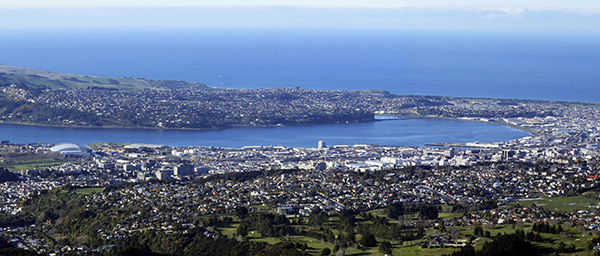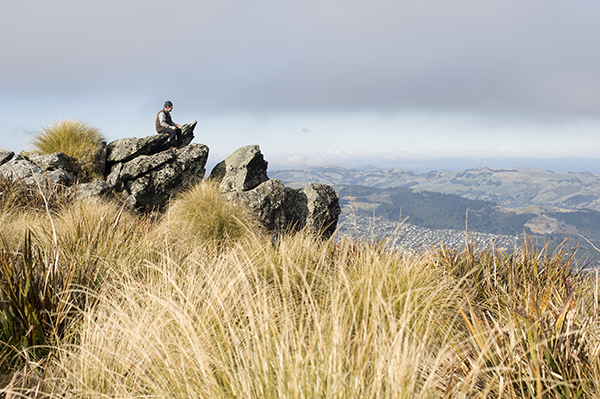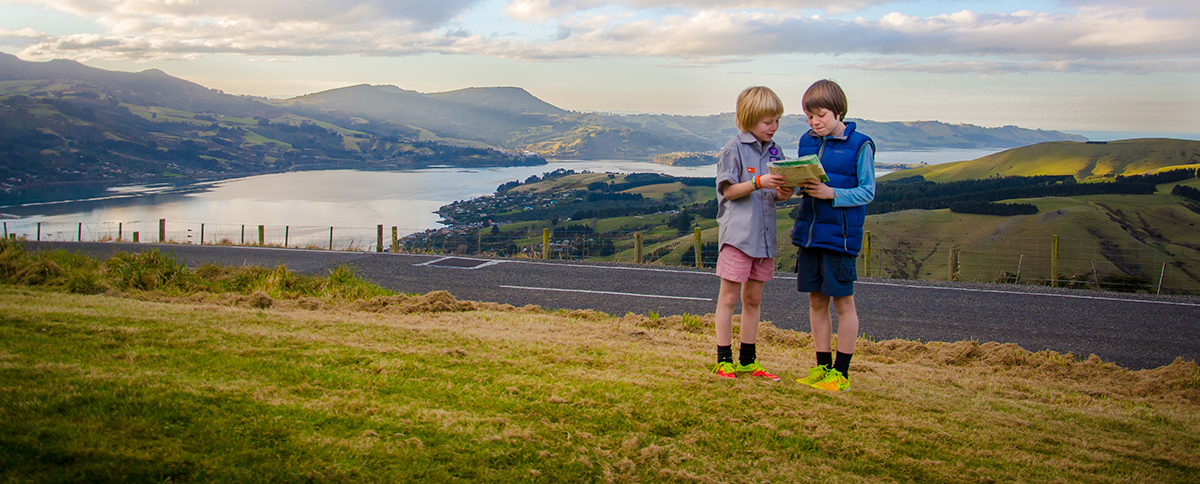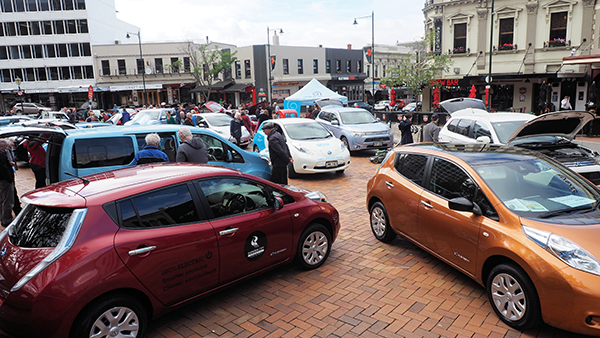Climate change is the most significant long-term issue facing communities throughout the world and it is the responsibility of all of us – individuals, local government and central government – to respond to it.
For Dunedin, the issue was brought to the fore in late 2015 with the release of the Parliamentary Commissioner for the Environment’s (PCE) report on sea level rise.
The report confirmed what we already knew – that sea levels around the world have risen by around 20cm in the last century. Further, and possibly accelerated, sea level rise is inevitable and this clearly presents challenges for coastal communities, including Dunedin.

The City Council is working with the Otago Regional Council to monitor the environmental changes caused by sea level rise and changing rainfall patterns, now and into the future, so we can identify the trigger points that may require community adaption and change.
Critically, we also recognised some years ago that we, as a Council, could not ensure our city adapts to climate change without close cooperation from our community. That collaboration requirement also applies to mitigation efforts.
Dunedin’s Environment Strategy, Te Ao Tūroa – The Natural World, sets a direction for a future enabled to cope with climate change. We now have our approach and direction embedded in our strategic framework. Te Ao Tūroa takes a partnership approach to delivering on the city’s ambitions, with everyone working together to achieve secure and healthy environmental outcomes.
The first step is ensuring our strategic objectives become embedded into the business-as-usual work of the city. Additionally, a variety of projects and initiatives allows for every Dunedin citizen to contribute to everyday environmental decision-making.
In order to meet our key goal of a resilient and carbon zero Dunedin, we have identified specific actions which aim to change the way the city, and the country, approaches climate change.
For instance, as part of the International Compact of Mayors, Dunedin is measuring its greenhouse gas emissions, setting targets to reduce emissions, reporting on progress and delivering a climate action and adaptation plan. As a city, we want to understand our impacts on the environment and identify what we can do to mitigate them.
The Council, as a key lead agency in the city, is committed to reducing greenhouse gas emissions from its operations to achieve sustainability goals and to reduce costs.

These show that Council’s largest emission sources are landfill, electricity and LPG. The majority come from the city landfill. To reduce these, our focus is on reducing and diverting waste intended for the landfill. Additionally, a plan is in place to reduce non-landfill emissions by 20% from 2013/14 levels within five years.
This includes replacement of existing lighting in the City Library with a more energy efficient system to save over $60,000 a year in costs and over 400,000kW in energy. There are also plans to replace street lights with more energy efficient and longer-lasting LEDs.
In 2014, we became the first council in New Zealand to divest itself of fossil fuel investments. Dunedin has also opposed any new deep-sea oil and gas exploration and extraction in New Zealand waters since the Government began its Block Offer process for exploration companies in 2012.
Dunedin has a city Energy Plan as part of our economic development agenda. As well as taking advantage of economic opportunities from the changing energy context, the Plan focuses on saving costs and enhancing the quality of life through energy-efficiency improvements and reducing our contributions to climate change and negative environmental impacts.
A key action of the Energy Plan follows the Net Zero in New Zealand report which concludes there is a significant opportunity to reduce emissions through the electrification of passenger vehicles. Dunedin City Council is gradually adding electric vehicles to its own fleet and has supported the installation of public electric vehicle chargers to further encourage EV uptake among the general public.
We are also investing in active transport modes by developing the city’s cycle network and shared pathways and encouraging cycling as a means of transport with safety campaigns.
The Net Zero in New Zealand report also notes that there are opportunities to improve energy efficiency by insulating existing homes across the country.
Dunedin has a large proportion of properties that are not warm or dry enough to keep people healthy and comfortable at a reasonable cost. The Cosy Homes project has the ambitious goal of ensuring everyone in Dunedin lives in a warm and cosy home by 2025. The Cosy Homes Trust, with support from a wide range of organisations and businesses in the city, is intent on upgrading poor quality homes in Dunedin, focusing strongly on insulation and clean heating.
Local government, working in partnership with the community, can help mitigate the effects of climate change and achieve tangible outcomes with such strong practical steps.
It is a complex challenge, but collaborative partnerships enable the complexity to be tackled from different perspectives. Different people and agencies play key roles and keep our thinking developing as the world changes and we learn more about the implications of that.
Whilst Dunedin’s actions will not have a massive, short-term impact on global climate change on their own, we hope our practical and inclusive approach can achieve tangible change to both our city environment and to community attitudes, and even inspire others. As the Intergovernmental Panel on Climate Change recognises, no single adaptation or mitigation action will be sufficient to address climate change risks alone. Effective implementation depends on strategy and cooperation at all levels (international, national and local), and can be enhanced through integrated responses that link adaptation and mitigation with other societal objectives.
I am immensely proud of what our great small city is doing in this space and that there is a constant will within our community to do more.





Leave a comment